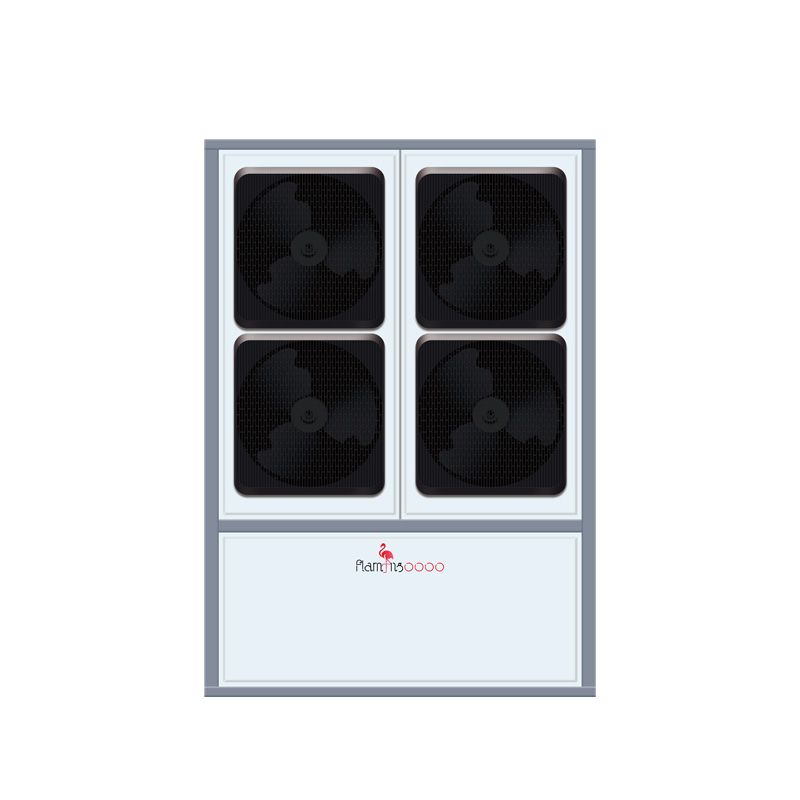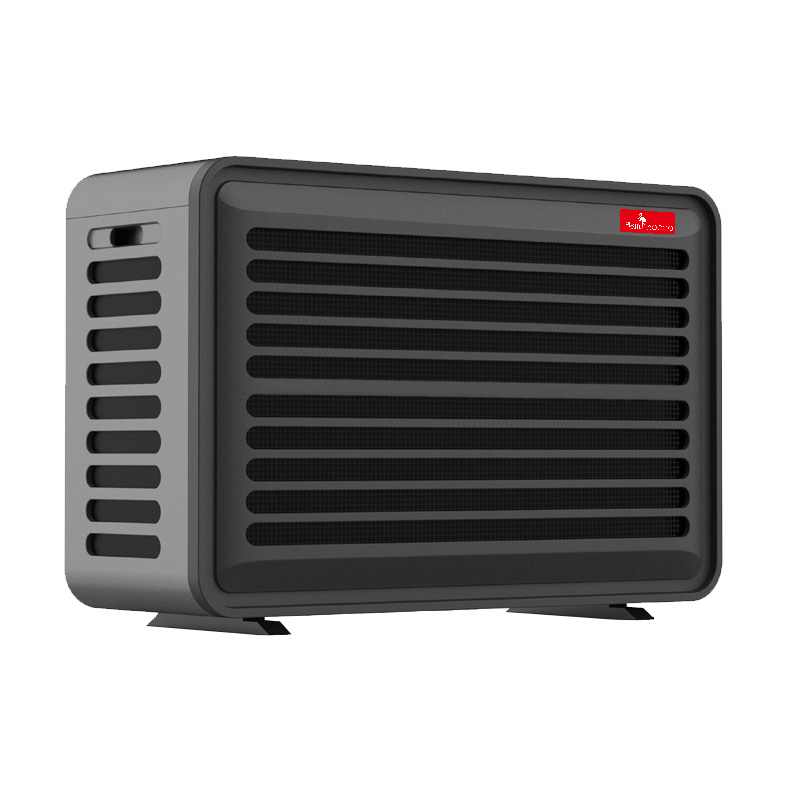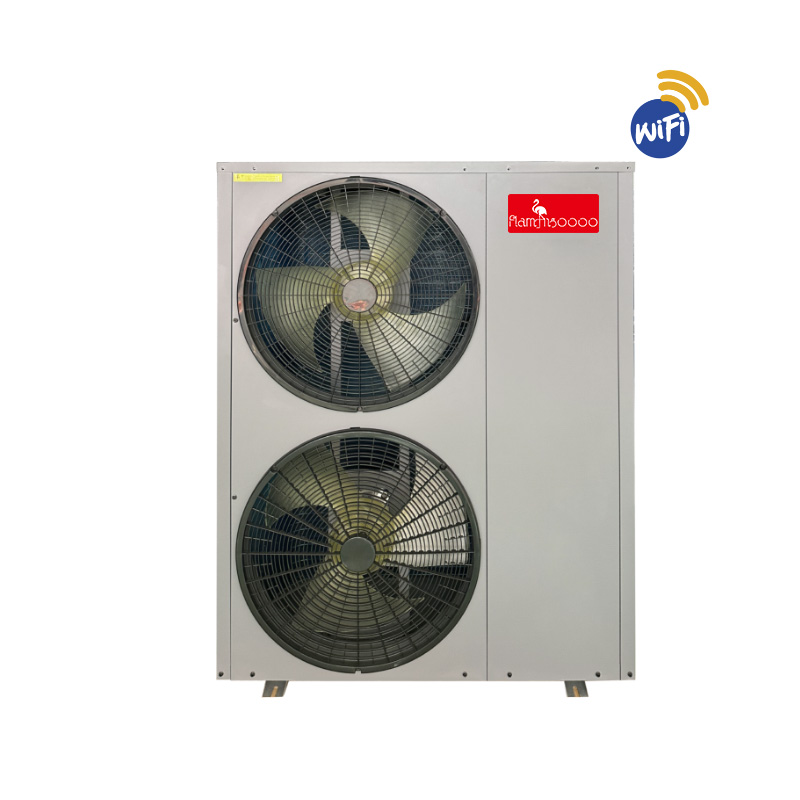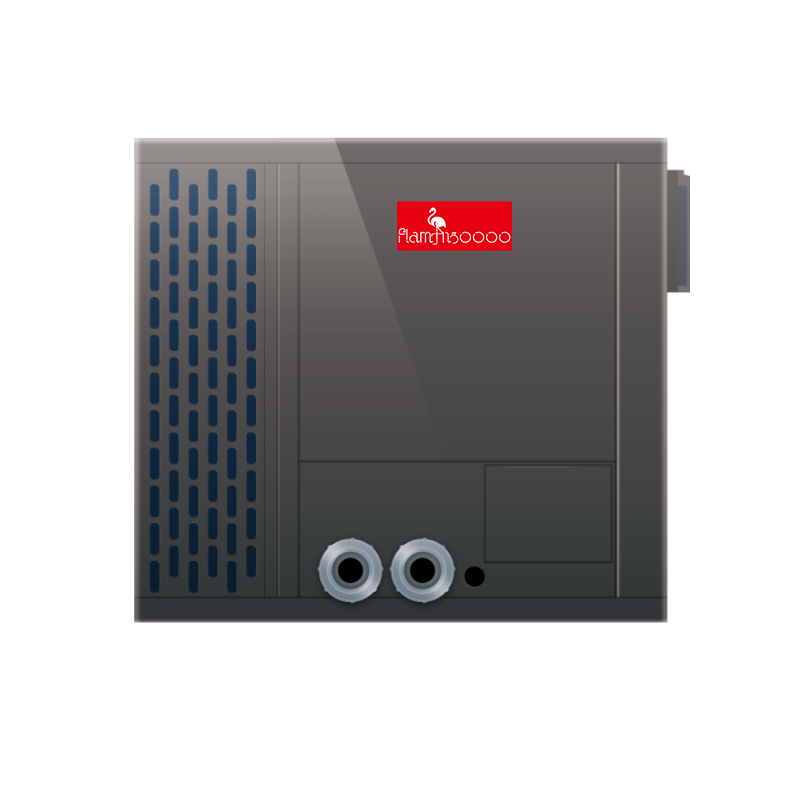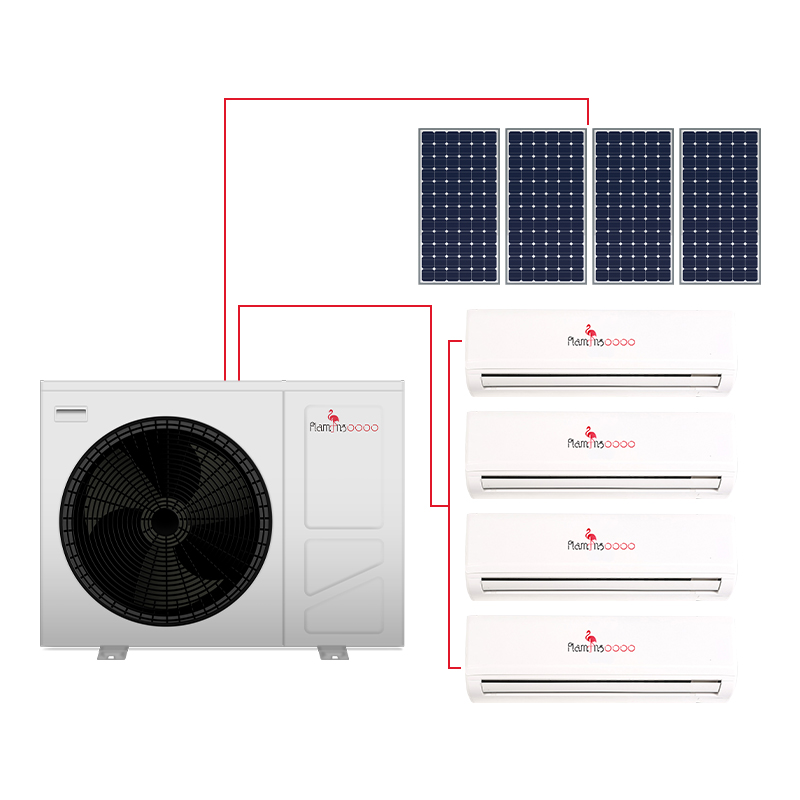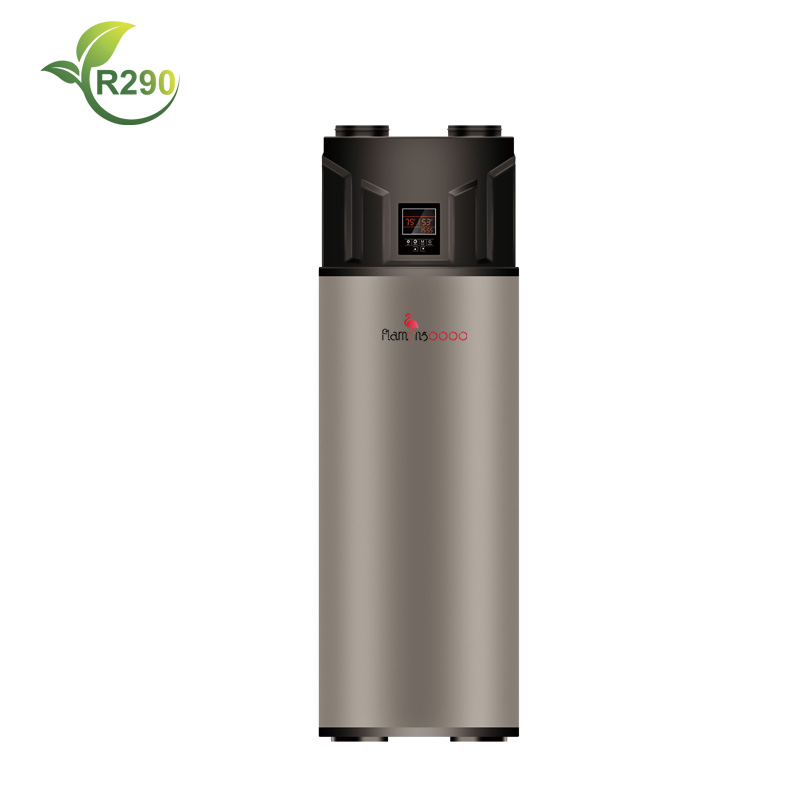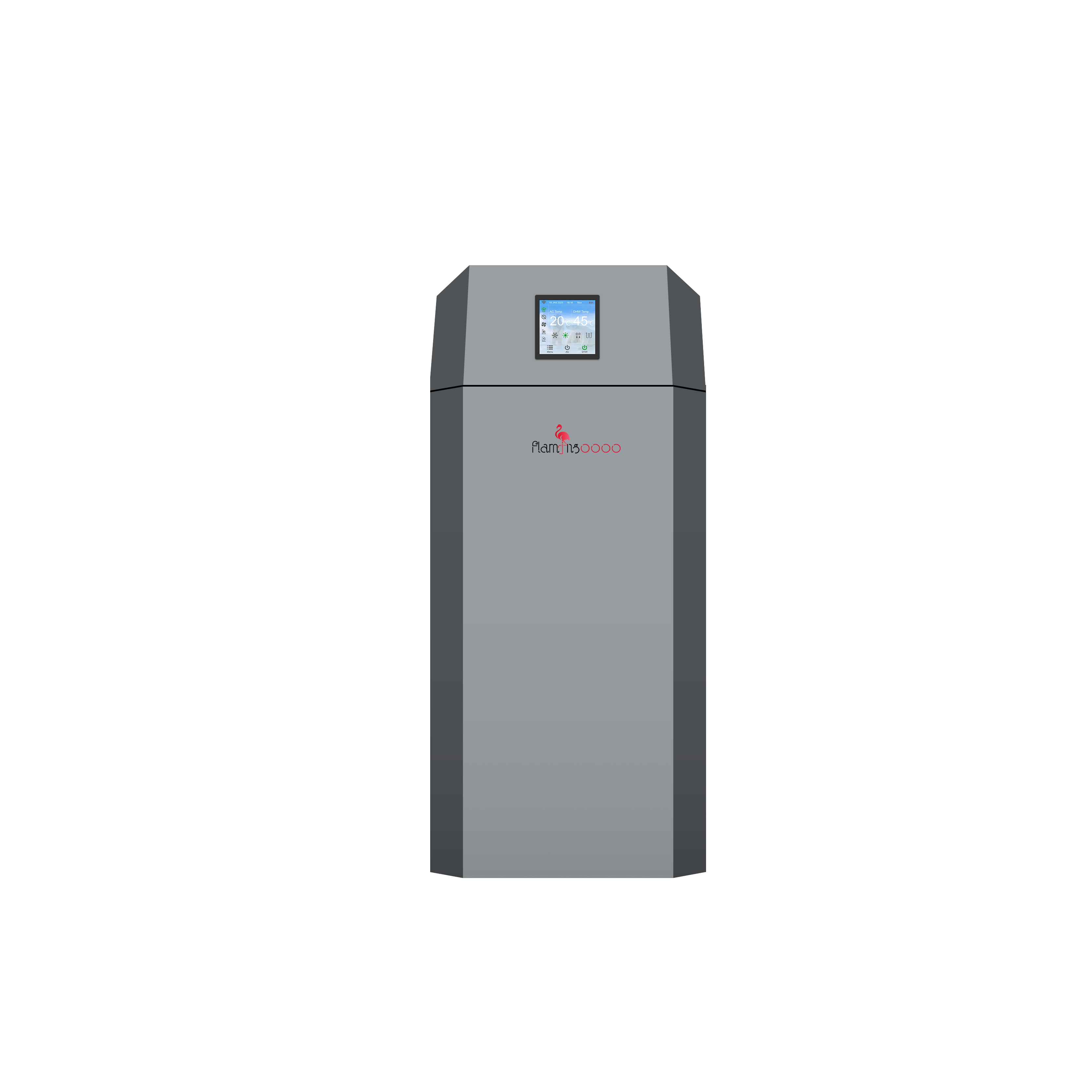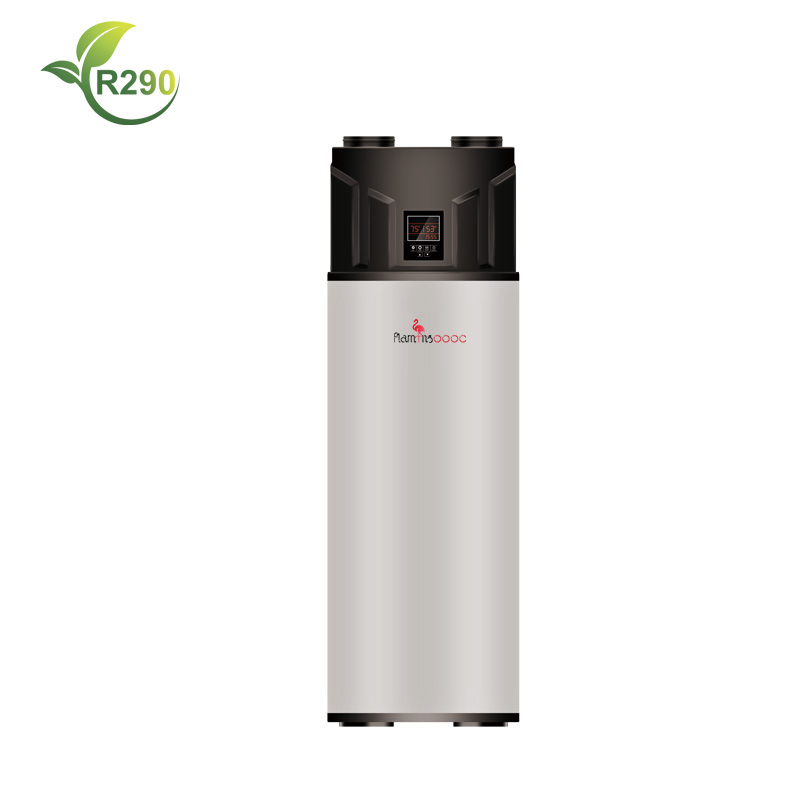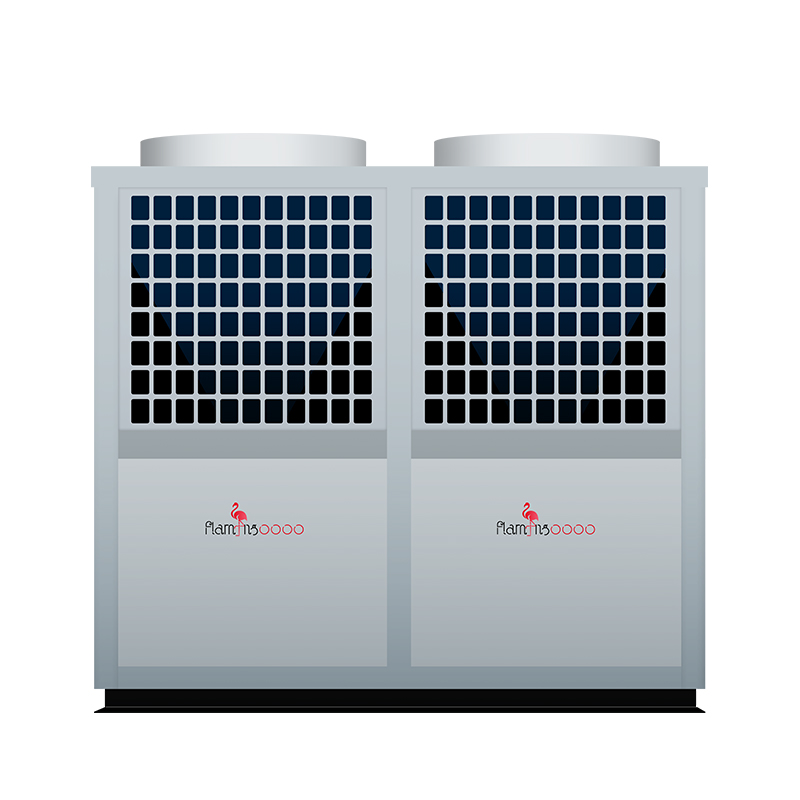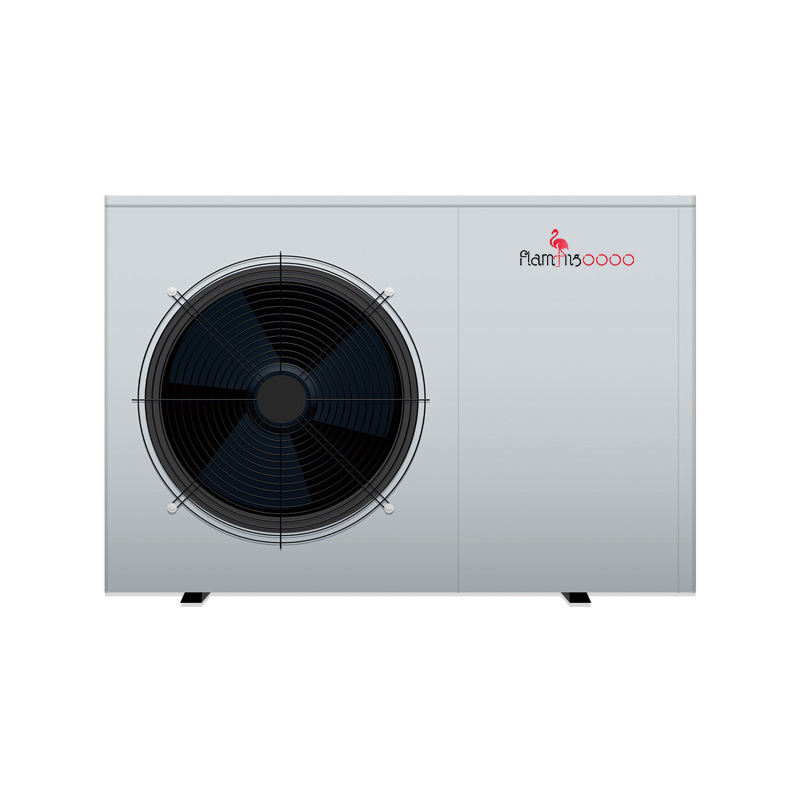Is a DC Inverter Heat Pump Worth it?
In recent years, the demand for energy-efficient heating and cooling solutions has surged, driven by both environmental concerns and economic considerations. Among these solutions, DC inverter heat pumps have emerged as a promising technology, offering a range of advantages over traditional HVAC systems. This article explores whether investing in a DC inverter heat pump is truly worth it, examining its benefits, financial implications, environmental impact, and considerations for potential buyers.
Understanding DC Inverter Heat Pumps
DC inverter heat pumps utilize advanced technology to regulate compressor speed and maintain desired temperatures more efficiently than conventional units. Unlike fixed-speed compressors that operate at full capacity until the thermostat detects the desired temperature, DC inverters adjust compressor speed based on cooling or heating demands. This results in significant energy savings and improved comfort levels indoors.
Advantages of DC Inverter Heat Pumps
Energy Efficiency: By adjusting compressor speed, DC inverter heat pumps consume less energy during operation compared to traditional systems, leading to lower utility bills and reduced carbon emissions.
Precise Temperature Control: The ability to modulate compressor speed allows for more precise temperature control, maintaining consistent comfort levels without temperature fluctuations.
Quiet Operation: DC inverter technology reduces noise levels during operation, enhancing the overall indoor environment by minimizing disruptive sounds associated with HVAC systems
Extended Lifespan: Components of DC inverter heat pumps typically experience less wear and tear due to reduced cycling, contributing to a longer lifespan and lower maintenance costs over time.
Financial Benefits
Long-Term Savings: Despite higher initial costs compared to traditional units, DC inverter heat pumps offer substantial long-term savings through lower energy consumption and reduced maintenance requirements.
Government Incentives: Many governments provide incentives such as tax credits, rebates, and grants to promote the adoption of energy-efficient technologies like DC inverter heat pumps, further offsetting initial costs for consumers.
Environmental Impact
Reduced Carbon Footprint: Lower energy consumption translates directly to reduced greenhouse gas emissions, making DC inverter heat pumps a viable option for environmentally conscious consumers.
Sustainable Heating and Cooling: By using eco-friendly refrigerants and minimizing energy waste, DC inverter heat pumps contribute to sustainable heating and cooling practices, aligning with global efforts to combat climate change.
Considerations Before Purchase
Upfront Costs: While DC inverter heat pumps offer long-term savings, potential buyers should consider the initial investment required and weigh it against projected energy savings over the unit's lifespan.
Compatibility and Installation: Proper installation by qualified professionals is crucial for optimal performance and efficiency. Homeowners should ensure compatibility with existing HVAC systems and assess installation requirements before purchasing.
Consumer Insights and Reviews
User Experiences: Reviews and feedback from homeowners who have installed DC inverter heat pumps provide valuable insights into performance, reliability, and overall satisfaction
Maintenance Tips: Regular maintenance is essential to ensure peak performance and longevity of DC inverter heat pumps. Following manufacturer guidelines and scheduling professional inspections can help prevent potential issues and optimize efficiency.
Conclusion
As advancements in HVAC technology continue to evolve, DC inverter heat pumps stand out as a compelling option for residential and commercial heating and cooling needs. Their energy efficiency, precise temperature control, quiet operation, and environmental benefits make them a worthwhile investment for those looking to reduce energy costs and minimize their carbon footprint. By considering upfront costs, potential savings, environmental impact, and maintenance requirements, consumers can make informed decisions about whether a DC inverter heat pump is worth it for their homes or businesses.

